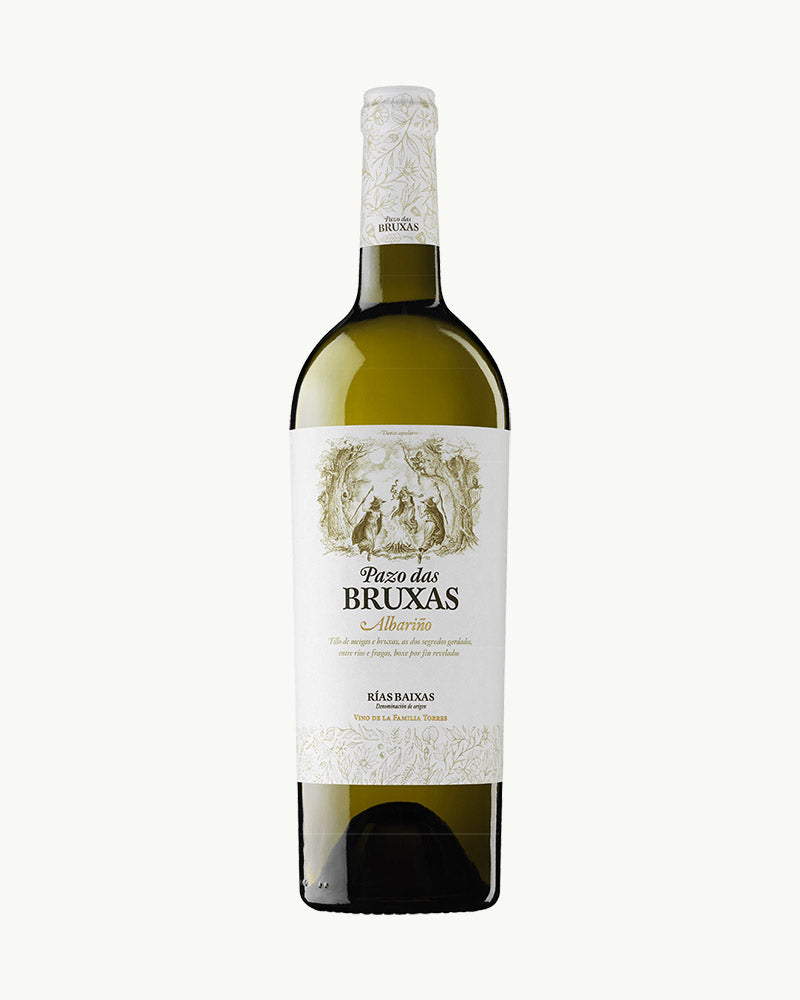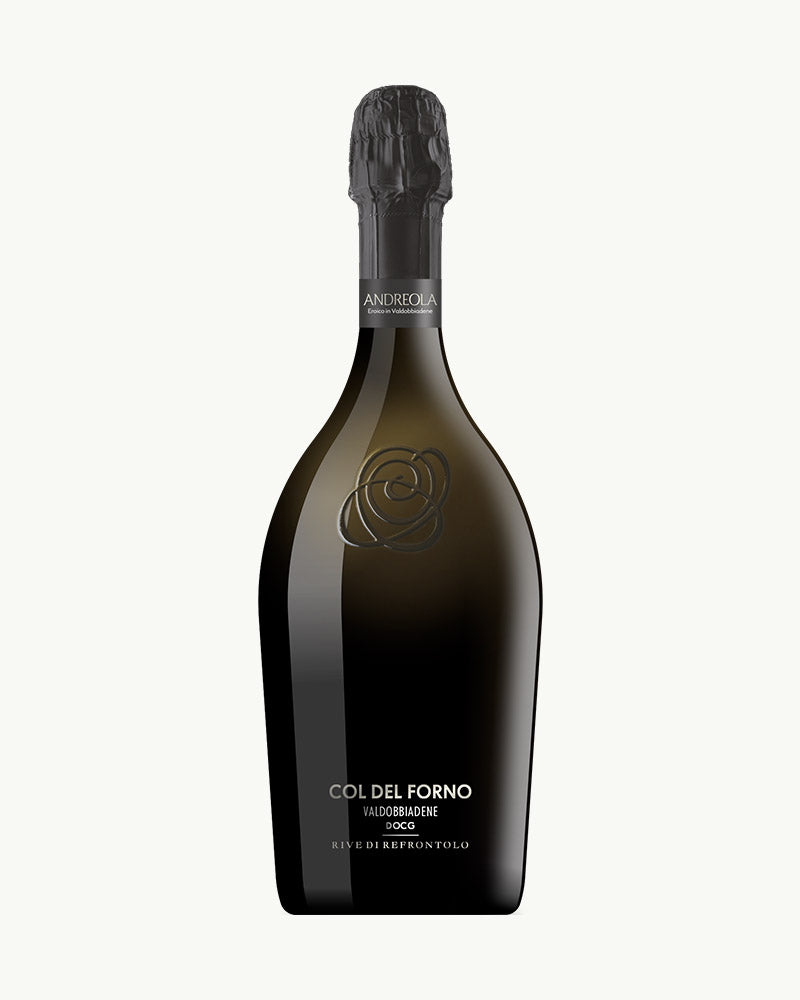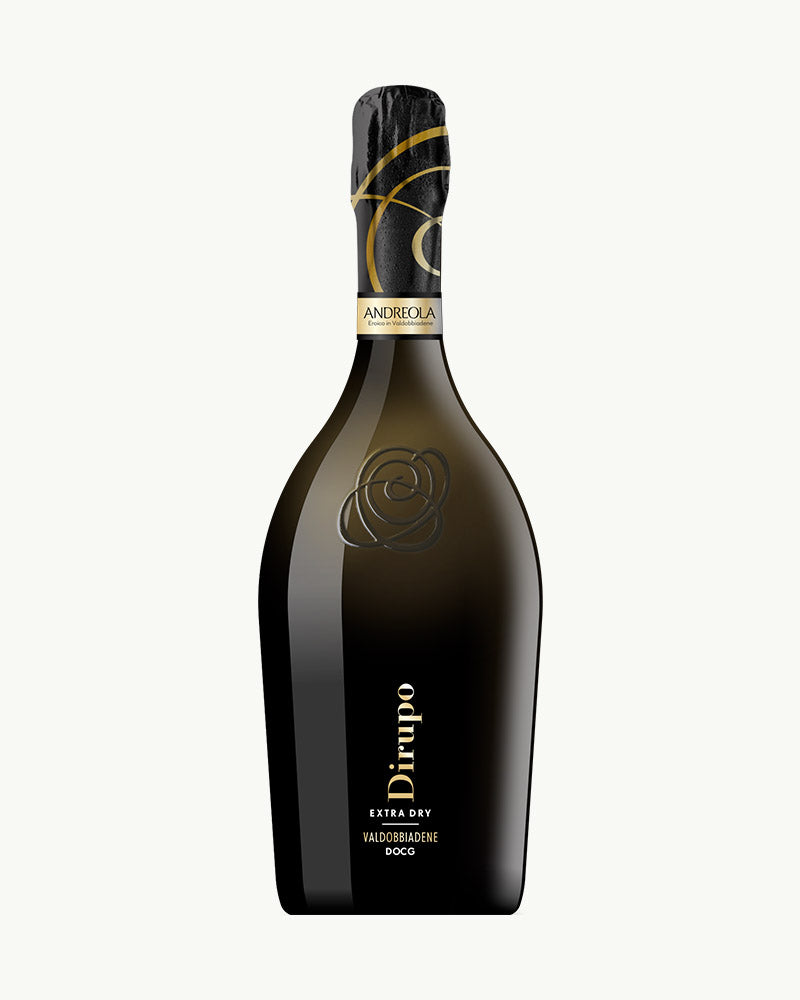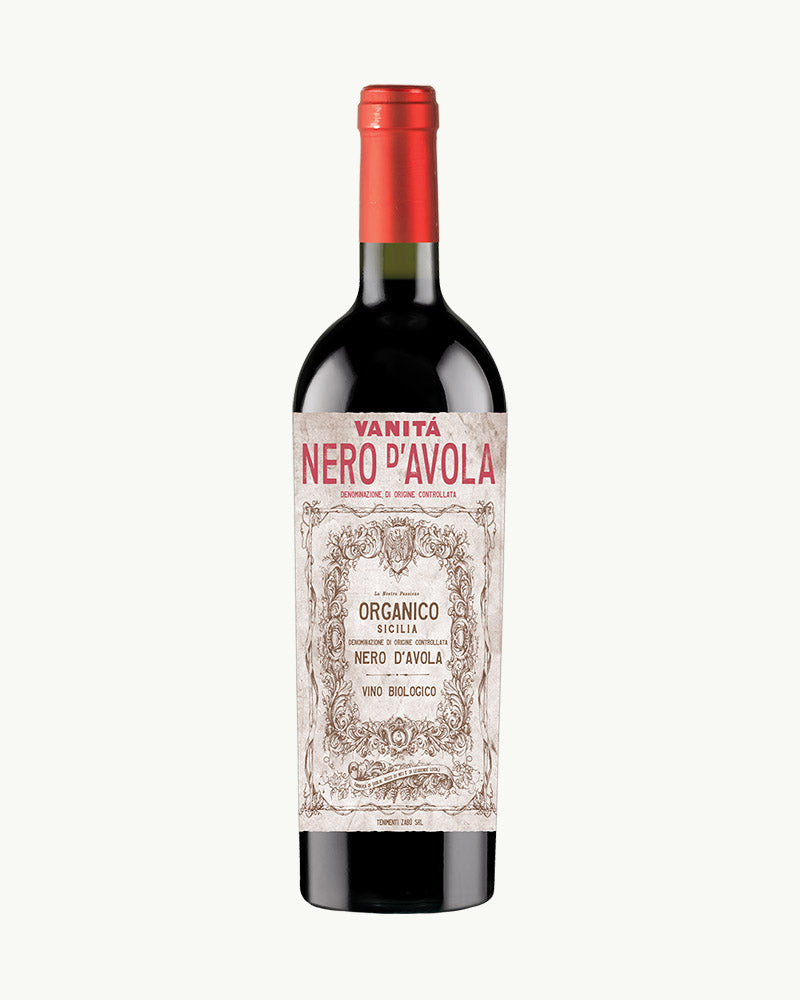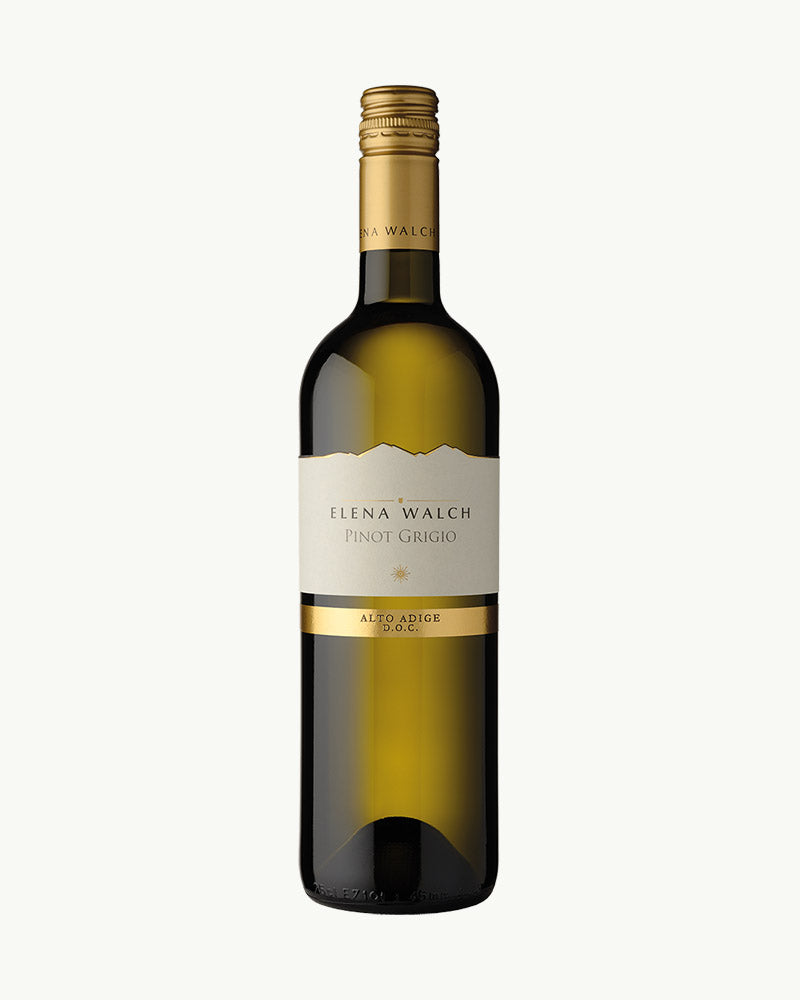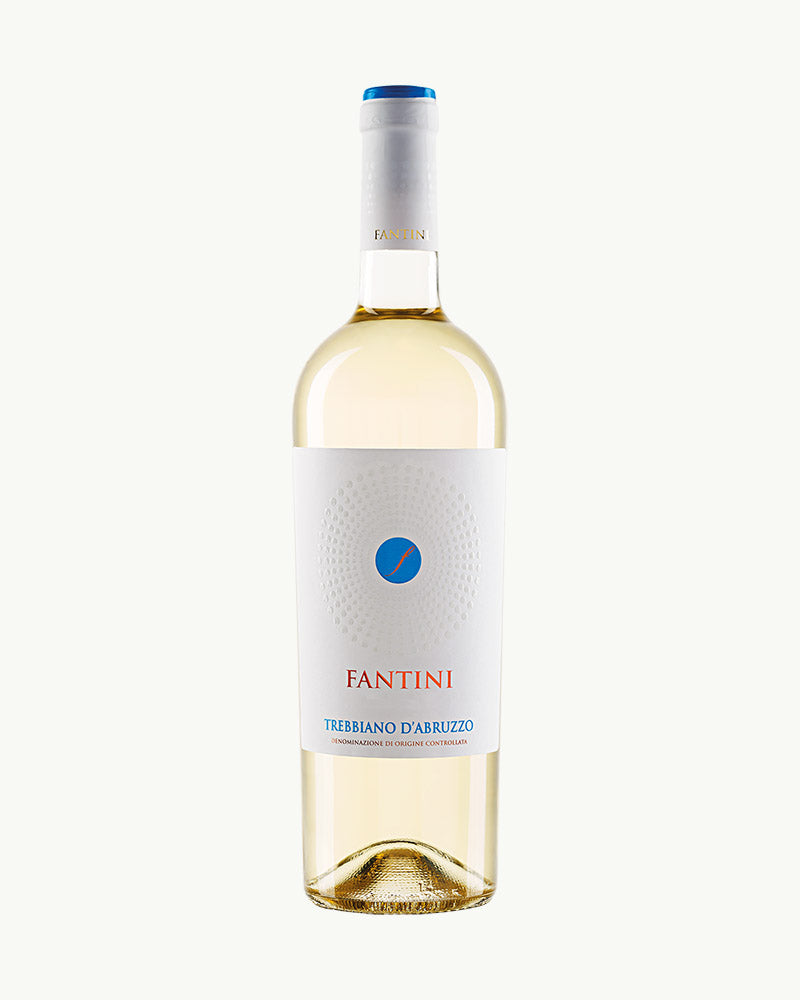In old country houses known as “pazos", surrounded by forests and vineyards, Galician witches (“bruxas”) conjured up spirits through magic and dance. And so the sap, the lifeblood, coursed through the vines, filling them with vitality. Like the Albariño grapes that give birth to Torres Pazo Das Bruxas Albarino: fresh and clean on the nose, with hints of peach, tarragon, sea breeze and mineral notes. On the palate, it is silky and savoury with fine floral (lime blossom) and fruit (lemon marmalade) notes.
-
Brand: Familia Torres
-
Description: Dry White
-
Vintages Available: 2022
-
Country, Region: Spain, DO Rías Baixas
-
Ratings: JS 90, WS 89
About the Producer
Jaime Torres emigrated to Cuba in 1855. On the island he made his fortune through the flourishing oil industry and seaborne trade. In 1870 he returned home a rich man and went into business with his brother, a wine grower. Together, in 1870, they founded the family company, in Vilafranca del Penedès, where the company still has its head office. One of Jaime Torres’ ideas was to build a 600,000-litre wine vat, the largest in the world. During the Spanish Civil War the winery was bombarded, leaving everything in ruins, including the enormous vat. Miguel Torres Carbó, a fourth generation member of the family, rebuilt the winery in 1940 and started business up again. He brought an end to the sale of bulk wine and started to market it in labelled bottles. In the year of reconstruction, when France was under German control and unable to provide wine, Miguel Torres travelled to the United States to promote his wines. It was in this period that the brands Sangre de Toro, Viña Sol and Coronas first came into being.
In 1966 work started on the planting of imported grape varieties: at first Chardonnay and Cabernet Sauvignon and later on Merlot, Pinot noir, Riesling and Gewürztraminer. That same year, Miguel A. Torres married Waltraud Maczassek, a German artist, who has also collaborated in the sale of Torres wines on the German market. When Torres produced their first Riesling they named it in honour of Waltraud.
In 1975, Bodegas Torres began growing organic grapes for wine.
In 1991, after the death of Miguel Torres, the winery passed into the hands of his son Miguel A. Torres, the company’s current President and Managing Director.
Torres is the family winery with the most extensive vineyards in the Denomination of Origin (DO) of Penedès and the largest winery in Spain. Outside of the Torres family's native Penedès region, they own vineyards in DO Conca de Barberà, DO Toro, DO Jumilla, DO Ribera del Duero, DOQ Priorat and most recently in DOC Rioja - in the last three areas with new wineries or wineries under construction. Likewise, Torres is also Spain's largest producer of DO wines under its own label, exporting to more than 140 countries.
They also run the Miguel Torres Chile winery in the Chilean Central Valley, and in the United States (California) where in 1986 Marimar Torres founded Marimar Estate.
Last year, for the second consecutive year, Torres was named The World's Most Admired Wine Brand by professionals of the sector, according to the ranking published by Drinks International, topping a list of 50 wineries.
Torres signed up to the Barcelona Declaration at the WCP in 2011; pledging to reduce their carbon footprint per bottle by 20% by 2020, as well as to make all buildings sustainable, recycle and recover materials to reduce waste, reduce the ‘water footprint’, to use only renewable energy, to conserve biodiversity and to limit the use of chemicals. Miguel A Torres, one of the architects of the Declaration, and Torres as a principle sponsor, strongly believes that, ‘wineries should put self-interest aside for the good of the environment.’
Vineyard
Appellation of Origin Rías Baixas is found in the Spanish region of Galicia and is divided into five sub-areas: O Rosal, Condado de Tea, Soutomaior, Val do Salnes and Ribeira do Ulloa.
“Pazo das Bruxas” is mostly produced with grapes from the O’Rosal area, in combination with grapes from Salnés. The soil is sandy with great water drainage and granite rocks in the structure which prevent water retention. The Salnés area is colder than O’Rosal, which leads to slightly slower ripening and wines that are more acidic.
Vinification
After the harvest, the grapes undergo skin contact for 6 hours. The alcoholic fermentation, which lasts approximately 16 days, takes place in stainless steel tanks at a temperature of 15-16ºC.
Ageing
Torres Pazo Das Bruxas Albarino remains in tank – where it undergoes stabilisation - for about 6 months and is then bottled during the following month of June.
Tasting Notes
Brilliant pale gold colour. This white wine is focused and graceful, fresh and clean on the nose, featuring an alluring purity that unfolds with peach, tarragon, sea breeze and mineral notes. On the palate, it is silky and savoury with fine floral (lime blossom) and fruit (lemon marmalade) notes.
Analysis
12.5% alcohol vol.
Food Suggestions
An excellent aperitif. Good with raw, cooked or grilled seafood. Torres Pazo Das Bruxas Albarino pairs perfectly with mild, white fish. Its lively palate strikes a perfect balance with soft goat cheeses.
Serving temperature: 12-14°C.
Cellar
Stored under the right conditions, Torres Pazo Das Bruxas Albarino will hold its potential for the next 3-4 years.
